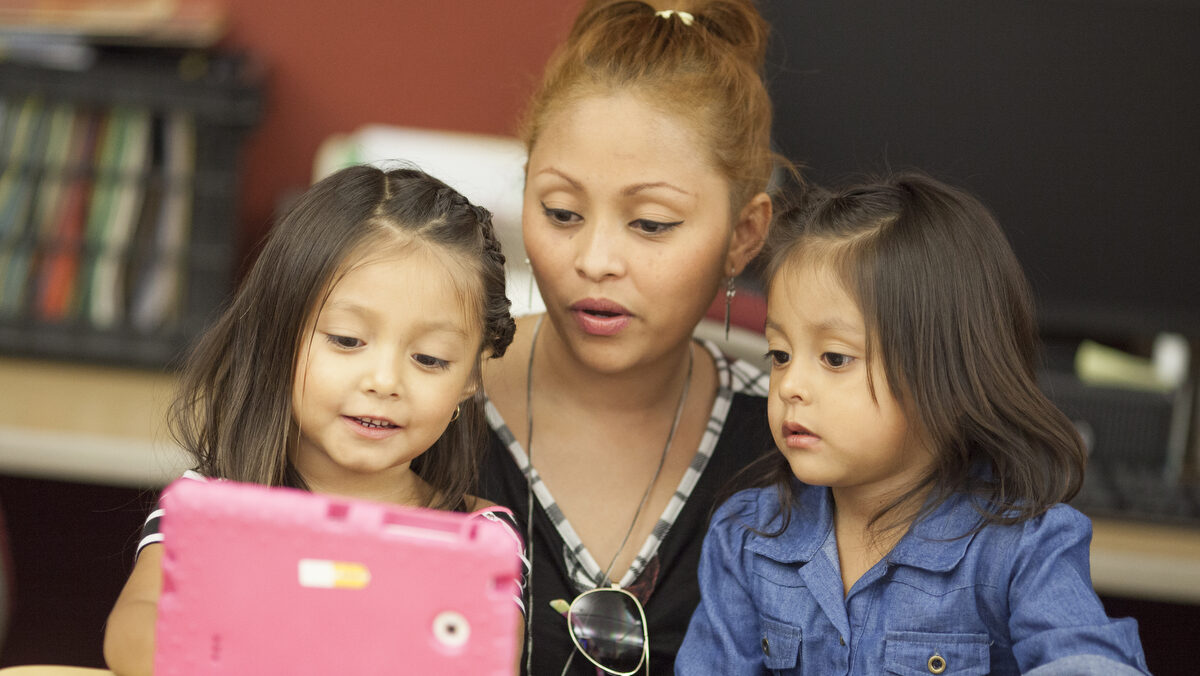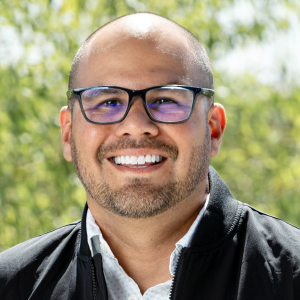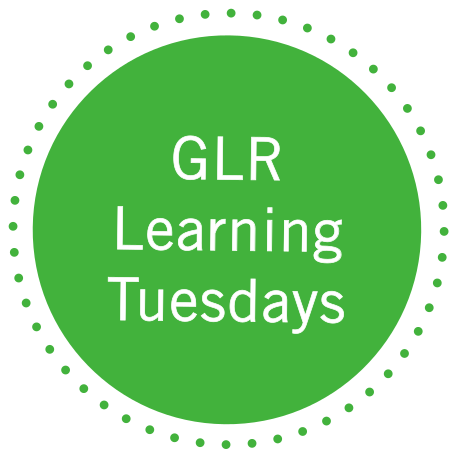
- This event has passed.
More Hopeful Futures or Children as Collateral Damage? Potential Implications of Accelerated Deportation

“The problems caused by a lack of a coherent immigration policy are now being compounded by a flood of executive orders that will fail to replace such a policy. Instead, indiscriminate mass detention and deportation is separating children, parents, and other family members, and threatening to do so to others. We all know that the trauma of those separations and the stress of living in fear of the separations to come for children today can have lifelong negative effects on their health and mental health as adults.”
— Joshua Sparrow, MD, DFAACAP, Brazelton Touchpoints Center
In this April 1, 2025 GLR Learning Tuesdays session, Joshua Sparrow, MD, DFAACAP, of Brazelton Touchpoints Center (BTC) offered the above statement during his opening remarks and highlighted the varied and important contributions of immigrants to the United States.
Cecelia Leong of Attendance Works facilitated the discussion, which opened with some context-setting data from Wendy Cervantes of the Center for Law and Social Policy (CLASP). Cervantes explained that about one in four young children are part of immigrant families, but 90% of these children are U.S. citizens. She noted that most of these immigrant families have very deep roots in the U.S., with more than half having resided in the country for more than 10 years. Cervantes also walked attendees through some of the recent proposed and enacted policy changes, explaining that they are aimed at three primary goals: increasing immigration enforcement; restricting or eliminating access to lawful status and entry to the U.S.; and restricting or eliminating access to health care and other critical benefits.
“I usually refer to [young children who arrive as unaccompanied minors] as the children who are the most vulnerable under normal immigration policies. But under the current policy context, while I still believe that these are the most vulnerable populations, I also really believe that the larger number that I covered earlier, the 18 million or 1 in 4 children who are part of immigrant families, are all facing really severe threats to their well-being under the current policy context.”
— Wendy Cervantes, CLASP
Leong and Cervantes were then joined by Adrián Pedroza of Abriendo Puertas/Opening Doors and Mayra Alvarez, MHA, of The Children’s Partnership in an engaging and informative conversation that explored how the current policy environment and misinformation about various policies are impacting children, families, early childhood programs and caregivers, schools, and families’ access to health care services.
Pedroza shared highlights from his organization’s recent National Latino Family Survey, noting that significant numbers were avoiding normal activities such as signing their child up for school programs (30%), talking to their child’s teacher (26%), or visiting a doctor (25%). He also stressed the power of trusted messengers to combat misinformation, stating that the vast majority of families surveyed reported high levels of trust for nonprofits, community-based organizations, doctors, schools, and faith-based organizations.
“Because we are hearing from families that are being caught up in immigration enforcement situations or being asked about their immigration status — even if they are U.S. citizens or here with a permanent residency — there is this fear that’s happening within the community now. We always tell family-serving organizations in our communities that it’s important to have accurate and true information because there is also a lot of misinformation out there.”
— Adrián Pedroza, Abriendo Puertas/Opening Doors
Alvarez discussed the impact of immigration policies and enforcement on children’s health and well-being and their access to health care services, noting that the stress immigrant parents and caregivers are experiencing can impact their children’s sense of well-being and healthy development.
“As we think about the implications of immigration policy on child health and well-being, you can’t separate a child’s health from that of their parents and caregivers. So, as we know that parents and adults in the lives of these children are worried about deportation, are worried about detention, are confused by the changing policies, that then impacts the very environment in which we are raising our children….This is absolutely [true] for children who are part of undocumented families or mixed-status families. But it’s also the broader community of children who are part of immigrant families — who share a classroom with a child in an immigrant family, who play on the playground — and they have questions about what’s happening.”
— Mayra Alvarez, The Children’s Partnership
Leong shared data on the spikes of chronic absenteeism in the wake of the pandemic, explaining that nearly one-third of English learner students were chronically absent in the 2022–23 school year. She noted that student attendance improves when children feel physically and emotionally healthy and safe in school and shared data from the previous Trump administration when chronic absenteeism spiked in schools in the wake of ICE enforcement efforts.
Throughout the conversation, the panelists shared a wide range of actionable resources and offered several concrete recommendations in their closing comments, encouraging attendees to call for the restoration of legal services for unaccompanied children; share “know your rights” cards with families, providers, and schools; advocate for access to K–12 education for children regardless of their immigration status; and more.
If you were able to attend the session, we would love to hear your feedback! We appreciate your help in filling out the following form as we seek to learn and understand the perspectives, ideas, critiques and recommendations that better inform our key audiences.
Panel







